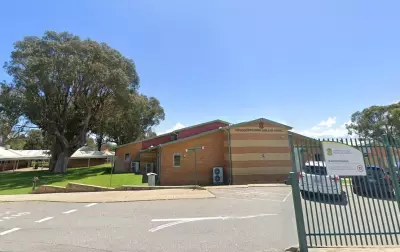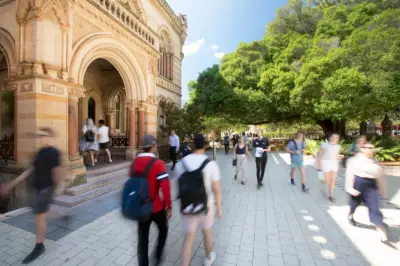
Australia's child protection systems are undergoing significant reforms, but one critical element is often missing: the voices of the very children these systems are designed to protect.
Associate Professor Tim Moore from Australian Catholic University's Institute of Child Protection Studies (ICPS) argues that genuine reform requires designing systems with children and young people, not merely for them.
The Power of Listening to Children
For over 20 years, ICPS has worked in partnership with the ACT government, listening to thousands of children and young people who have experienced homelessness, family violence, disability, or out-of-home care.
Their insights have consistently reshaped child protection policy and practice. In one poignant example, a seven-year-old who had experienced homelessness took a photograph of a researcher's voice recorder, explaining it was special because "it's got my story on it."
This simple statement underscores a profound truth that system designers often forget: children's stories are valuable, and their perspectives must inform decisions that affect their lives.
From Listening to Action in the ACT
The ACT government has demonstrated how acting on children's feedback creates meaningful change. When children experiencing homelessness reported that services weren't designed with them in mind, the government funded programs to make services more child-centred.
Similarly, when children in care expressed feeling excluded from decision-making, the government funded training programs to equip workers with skills to safely and meaningfully engage children in decisions affecting them.
One young participant highlighted why this approach matters: "Kids should be asked about stuff that's got to do with them ... they can tell you things you'd never think of, 'cos you're not a kid."
Current Policy Gaps and Missed Opportunities
Recent debates about social media bans have largely excluded young people's perspectives, despite the significant impact such policies would have on their lives.
Young people themselves have expressed concerns that blanket restrictions could isolate them from friends and support networks. They've also noted they're likely to find ways around such bans, suggesting that policies made about them without their input are destined to fall short.
Associate Professor Moore emphasizes that when children are meaningfully engaged in reform, they don't just identify problems - they offer practical solutions and want to contribute to making systems work better.
The power of genuine listening was demonstrated when ACT Minister Rachel Stephen-Smith met directly with young research participants discussing the challenges of leaving care at 18. The minister didn't just listen; she acted, announcing the establishment of aftercare services.
As one participant reflected afterward: "It's different when someone important actually listens. It makes you feel like what you say matters, that you matter."
On November 18-19, 2025, ICPS marked its 20th anniversary with a Listening, Learning, Leading conference in Canberra, bringing together researchers, practitioners and policymakers to reflect on genuine collaboration with young people.
After two decades of work, one truth remains clear: effective child protection reform begins with children and young people's participation. Protecting children isn't only about preventing harm - it's about building systems that recognize their expertise, value their voices, and act on what they tell us.





